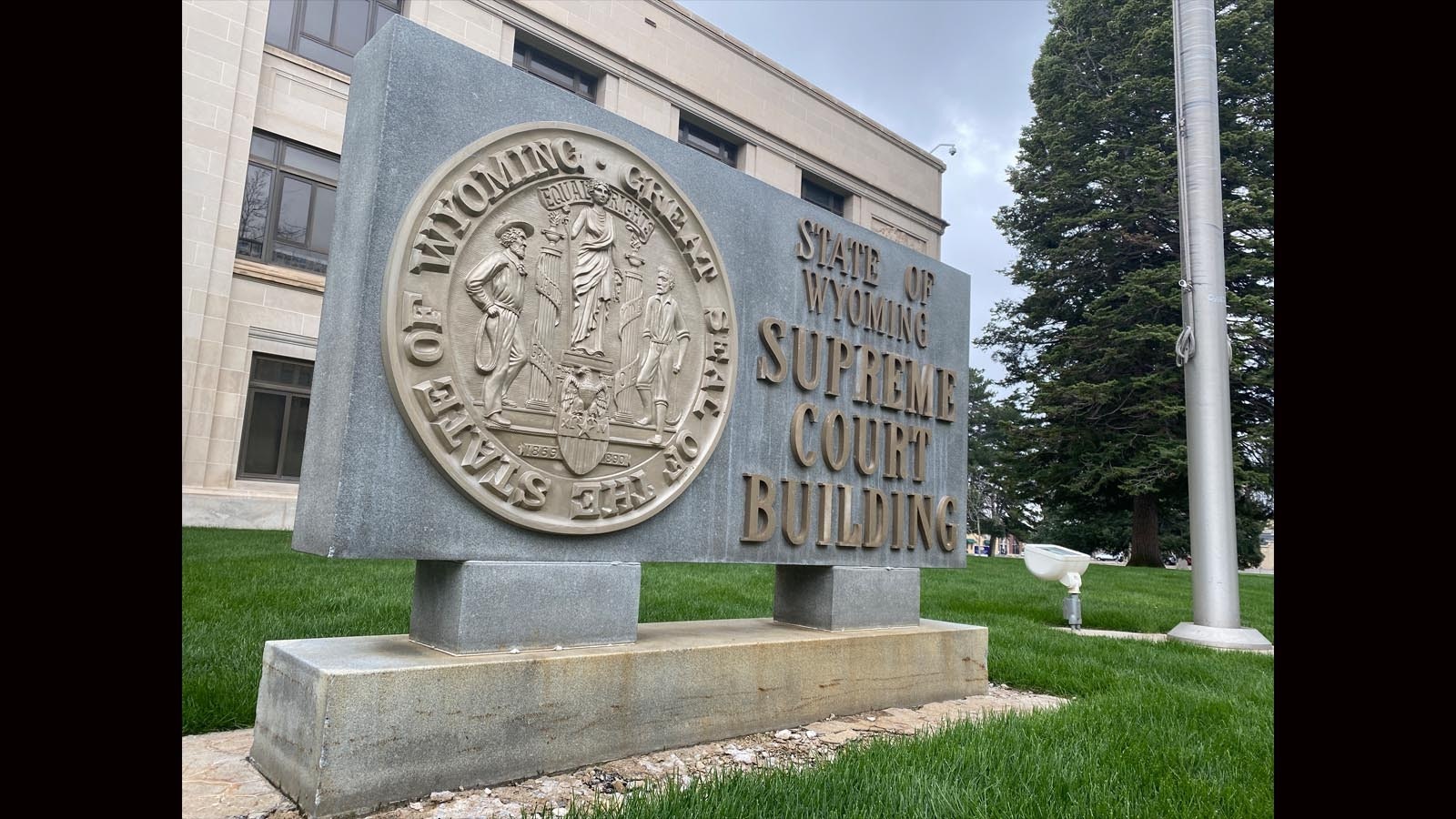Wyoming’s Supreme Court has upheld the forgery conviction of a woman who signed a notary’s name eight times on documents necessary to withdraw money from a retirement account.
The court on Monday upheld the conviction of Carrie Bezold on eight counts of forgery, rejecting her arguments that because the documents were used to transfer some of her husband’s money from one of his accounts to another, no harm was done.
But justices, in an opinion written by Justice Michael Davis, said regardless of how the forged signatures were used, the action amounted to an intent to defraud someone.
“Ms. Bezold took steps to obtain a copy of (a) notary stamp and ensured that she had a current copy of the stamp when the original stamp expired,” the ruling said. “She used the notary stamp on eight … withdrawal applications and signed (the notary’s) name to them without authority to do so. Considering the evidence in the light most favorable to the state, we conclude that it was sufficient to support a finding of intent to defraud.”
According to the ruling, while the Bezolds were away from their home in Sinclair in 2019, Carrie Bezold asked a family friend to fax some documents from the Rawlins public library.
The friend instead took the documents to the Sinclair town hall, which also offered fax services. When the town’s clerk, a notary, looked at the documents to fax them, she noticed the documents were marked with her notary stamp and her signature was on them, even though she had not notarized them.
The documents were an application for a medical hardship withdrawal from Christopher Bezold’s savings plan. The documents required notarization of both the signatures of Christopher and Carrie Bezold.
An investigation revealed Carrie Bezold had forged such applications eight times between 2015 and 2019, signing the notary’s name and copying her notary stamp onto the documents.
In trial, Carrie Bezold did not dispute forging the notary stamp and signature, but argued because it was done to simply transfer money from one of her husband’s accounts to another, there was no evidence of an intent to defraud anyone.
Justices disagreed.
“In addition to signing (the notary’s) name to the … withdrawal applications, Ms. Bezold took other actions from which a jury could infer a fraudulent intent,” the opinion said. “An intent to defraud, meaning a willful and deliberate intent to deceive, could be inferred from evidence that Ms. Bezold asked (the family friend) to fax the … application from the public library in Rawlins rather than from the more convenient location at Sinclair town hall where (the notary) worked.”
In addition, because the money was transferred to an account held jointly by the Bezolds, Carrie Bezold did benefit from the forgery, the opinion said.
“Again, we do not hold that an intent to defraud requires evidence of an intent to benefit oneself, but such evidence is certainly relevant to the question and may be evidence from which a jury cold find an intent to defraud,” the opinion said.





